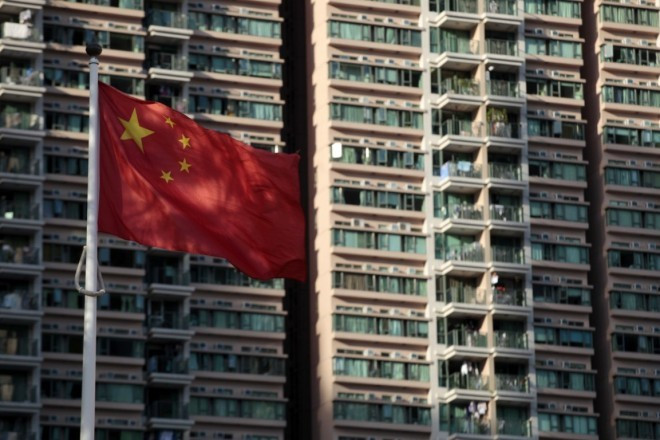China credit rating outlook negative on back of government debt and increased spending – Moody's

Moody's Investors Service lowered the credit rating outlook of China on 2 March, from stable to negative. It attributed the change to China's weakening fiscal metrics, the declining foreign exchange reserves and uncertainty about the authorities' capacity to implement reforms.
The rating agency explained the rationale for assigning a negative outlook on its website. Regarding the government's fiscal strength, Moody's said it expected this to diminish further.
"The government's balance sheet is exposed to contingent liabilities through regional and local governments, policy banks and state-owned enterprises (SOEs). The ongoing increase in leverage across the economy and financial system and the stress in the SOE sector imply a rising probability that some of the contingent liabilities will crystallize on the government's balance sheet" Moody's said.
"In addition, government debt has risen markedly, to 40.6% of GDP at the end of 2015, according to our estimates, from 32.5% in 2012. We expect a further increase to 43.0% by 2017, consistent with an accommodative fiscal stance that will likely involve higher government spending and possible reductions in the overall tax burden," it added.
With regards to the foreign exchange reserves of the world's second largest economy, Moody's said this represented external vulnerability. "[This has] fallen markedly over the last 18 months, to $3.2 trillion [£2.29tn, €2.95tn] in January 2016, $762 billion below their peak in June 2014."
The agency explained that while reserves were ample considering the size of China's external debt, the "decline highlights the possibility that pressure on the exchange rate and weakening confidence in the ability of the authorities to maintain economic growth and implement reforms could fuel further capital outflows". It added that a fall in reserves could increase pressure on the banking sector, which are funded by deposits.
Regarding the final driver for the negative rating, Moody's said authorities at Beijing are being tested by these challenges. "Incomplete implementation or partial reversals of some reforms risk undermining the credibility of policymakers. Interventions in the equity and foreign exchange markets over the past year suggest that ensuring financial and economic stability is also an objective, but there is considerably uncertainty about policy priorities," it said, adding a lack of credible and efficient reforms would further dampen China's GDP growth, which in 2015 recorded its slowest pace in 25 years.
However, the rating agency reaffirmed its Aa3 rating on China's long-term debt. "The size of the buffers available to face current fiscal and capital outflow challenges allows for a gradual implementation of reform and therefore supports an affirmation of the rating at Aa3. These buffers include a relatively moderate level of government debt, which is financed at low cost, and high domestic savings and still substantial foreign exchange reserves," Moody's reasoned. It added that even though its growth is slowing, China's GDP numbers are more than its rating peers.
Going forward, the rating agency could reverse the rating back to stable if it was convinced that China's "government policy was likely to succeed in balancing competing priorities and thereby arrest the deterioration in China's fiscal metrics and reduce contingent liabilities for the sovereign most likely through effective restructuring of SOEs in overcapacity sectors".
More about China Economy
© Copyright IBTimes 2025. All rights reserved.





















